Feng shui is the Chinese art of decorating and designing a space to attract and optimize positive energy flow or in other terms, positive chi. Feng shui has been in use for over three millennia. All the considerations made to welcome plant feng shui are based on the approach towards your front door and the direction in which it faces. It is taken into account because of the fact that it is the first area that is usually noticed in a home and the main place where important chi commonly referred to as positive energy goes through.
The Feng Shui Significance Plants Carry
Plants have over the years been used to represent the most encouraging attributes of the growing element of wood – the sole element amidst the five life elements. Plants usually have inherent yang energies that promote all the surrounding space. They also show forth the yin and yang balance in the garden, as a response to the mix of shade and sunlight, water and soil nutrients.
In order to form a space using good feng shui, plants' use is very important. To welcome plant feng shui, you need to spend quality time mixing the right plants taking a careful choice of the orientations, colors and shapes.
Welcome Plant Feng Shui
Plum Blossom
This symbolizes longevity and good fortune. The flowers of this plant with a delightful fragrance symbolize purity. Usually grown in the north part of the garden, the tree will be most promising. It can also be placed in other places such as the rear part of the property.
The Magnolia
The white magnolia signifies purity. When planted at the front garden, a single magnolia tree is believed to attract a lot of satisfaction. When it is planted at the back yard, it is taken as a symbol of hidden jewels, or a steady collection of great wealth.
The Bamboo
The bamboo is believed to have some power of warding off malign spirits when shown at home in the nature of, for instance flutes or wind chimes. Additionally, it shows endurance and durability since it is able to flourish all through the year. A bamboo clump usually on the left side of the home showing a dragon is highly favorable. When it is towards the front, it draws auspicious chi flows.
The Money Plant
The Money Plant also known as Philodendron scandens is symbolic of great abundance and is a very common indoor feng shui tree with leaves that have the shape of a round heart. It can grow in dark corners and has benefits of air purification. It is usually planted in low-moderate water conditions. Keep the soil moisturized but make sure it does not dry completely in between the sessions of watering so that the leaves do not turn yellow.
Jade Plant
Jade Plant also known as Crassula Ovata is referred to as the money tree. It is commonly seen at Chinese restaurant entrances, at stores, offices or houses. They can grow both indoors and outside. They are a common feng shui cure. For the Chinese, it symbolizes prosperity. Make sure that the plant is placed somewhere with enough sunlight to thrive otherwise the stems will become thin. Don’t water them excessively – allow the soil to almost dry completely before watering again. Wrinkled plump leaves are a sign that they are not getting sufficient water.
Chrysanthemum
The chrysanthemum plant is an attractive yellow flower and is among the best feng shui plants. It is highly valued in both the Japanese and Chinese cultures. The yellow color symbolizes optimism and happiness. The most suitable location is inside the living room although not in the bedroom where it could skirmish with other feng shui elements.
Lotus
The lotus flower symbolizes purity, moral strength and exclusiveness. It is usually placed at the residential area particularly at the entrance. This enhances positive chi in the house. It is linked with Buddha and is deemed to offer enlightenment and knowledge where it is located. It can increase spirituality also.
- There should not be clutter in your house’s door and front. You can paint the door red for abundance or green for money or keep it natural.
- Hang a wind chime at door front outside, string up small lights or use cheery mat to increase friends and family love as they enter the house.
- Clean dried and dead plants from house entrance and use healthy plants on both sides of your house door for better feng shui.
- Use a large plant or furniture to block the door front if it looks directly through the house all the way to the back door.
- Use appealing fresh paint or fresh flowers in a vase at the door if possible. Use green plants, a statue for protection such as of Buddha or an angel.
- Make the path to the front door curved, not straight for positive energy to flow in and prevent negative energy.
- Gardens are of equal importance with the real houses as they support the good home feng shui when they are kept well.
- Choose flowers and plants well based on sunlight, soil type and garden’s climatic conditions for a good feng shui plants for front of house.
- To welcome plant feng shui, don't let plants grow unkempt.



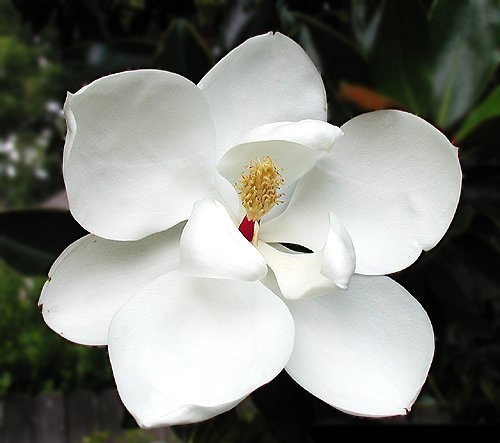
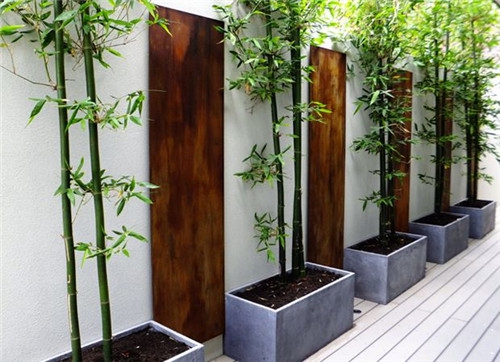
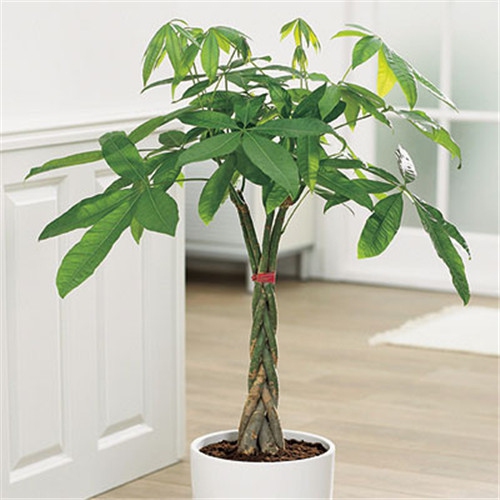
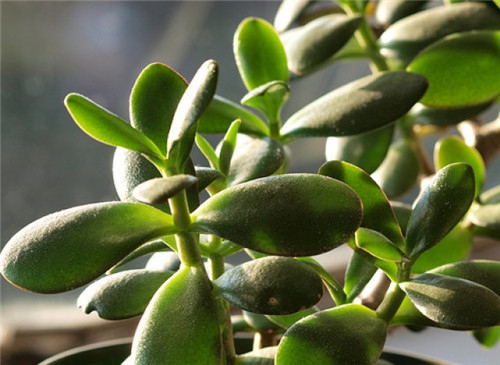
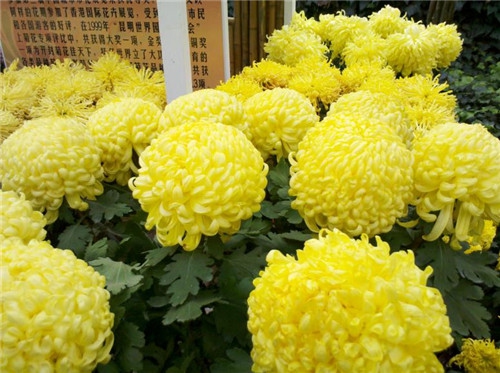

View All Comments /Add Comment